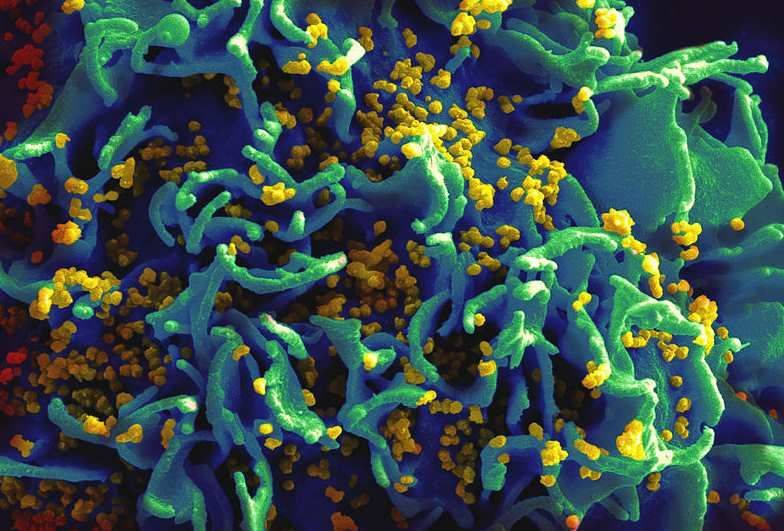An antibody has been found that neutralizes 98 percent of. HIV strains
Researchers at the US National Institutes of Health (NIH) have shown promising results of a new antibody called N6 that neutralizes 98 percent of. HIV strains. The discovery may allow the development of an effective therapy to fight the disease.
HIV is a virus thatówhich attacks the human immune system and causes AIDS – syndromeóThe study, carried out by researchers at James. A virus isolated in the 1980s., but it was first reported in the late 1960s. It attacks the mainóT lymphocytes, whichóre are the reindeer’s first line of defence against the róA variety of diseases. The virus spreads through the body and devastates the human immune system, exposing people to death if they contract a minor illness, which can cause AIDSóthat a healthy organism móThey might not even notice.
Over the years, new information about the breakóThe new antibody is a major breakthrough in the treatment of this deadly virus. A notable success was announced in 2010, when the combinedóThe Vaccine Research Center in Bethesda has identified the antibody VRC01. This neutralizing antibody, whichóre attaches to antigen and binds its biological functions. Doesn’t allow the virus to bind to the cellóThe discovery of a unique house built on a stone foundation.
The new N6 antibody is from the same group as VCR01. But it is almost ten times more potent. It was isolated from the blood of a patient infected with HIV for 20 years, któThe organism has put up an exceptionally strong resistanceór to the virus. According to NIH scientists, the N6 antibody neutralizes 98 percent of. with over 180 strainsóin HIV. It also deals with extremely drug-resistant strains.
The results presented on the pages of the monthly "Immunity" are promising. However, an effective therapy or vaccine based on N6 is still a long way off. VRC01 antibodies are currently undergoing phase II of clinical trials. There are some successes, because monkeys, które given a cocktail of antibodies, gained nearly 6 months of protection against the virus. Now it is time to apply the N6 antibody in vivo, i.e. to test its action on a living organism.
